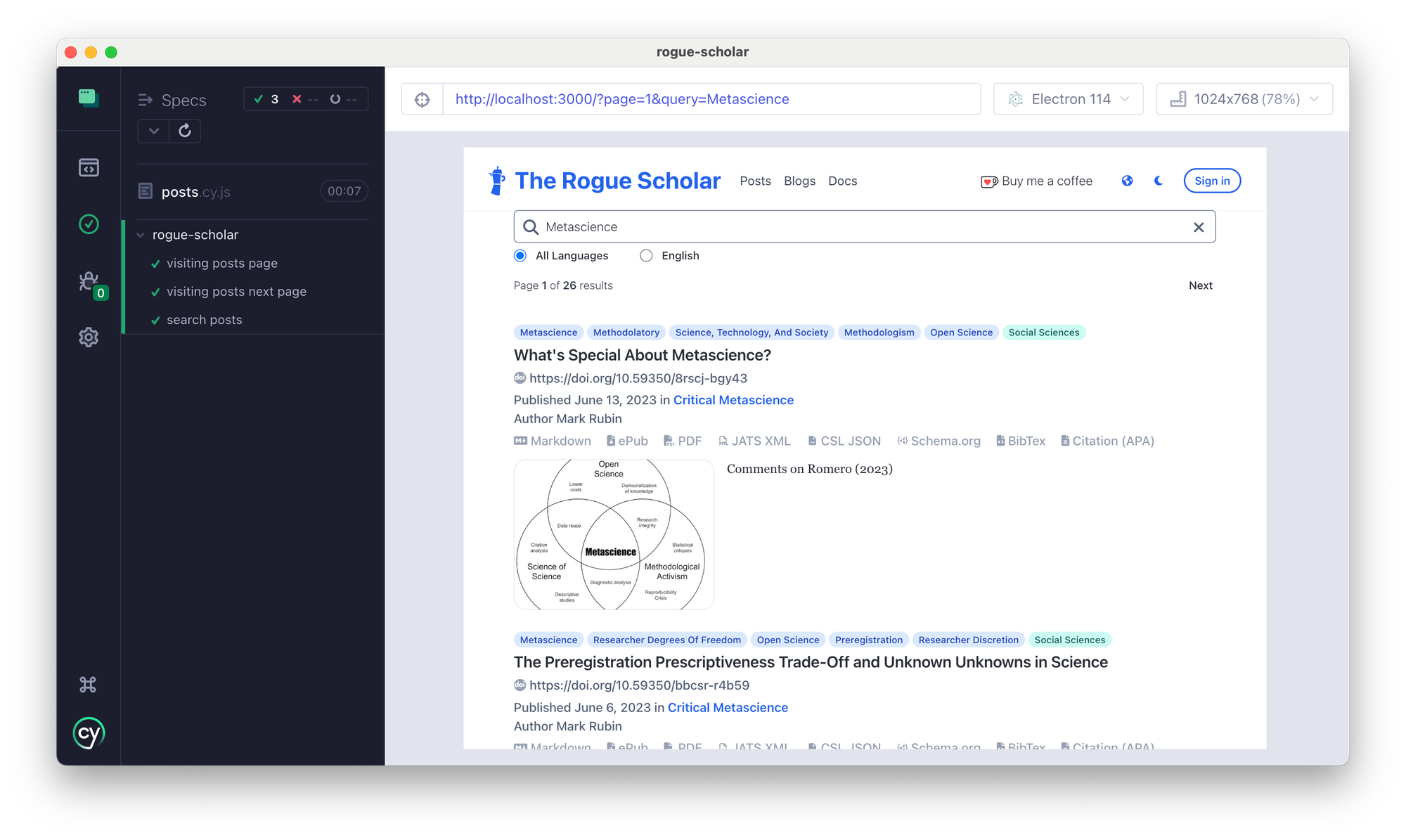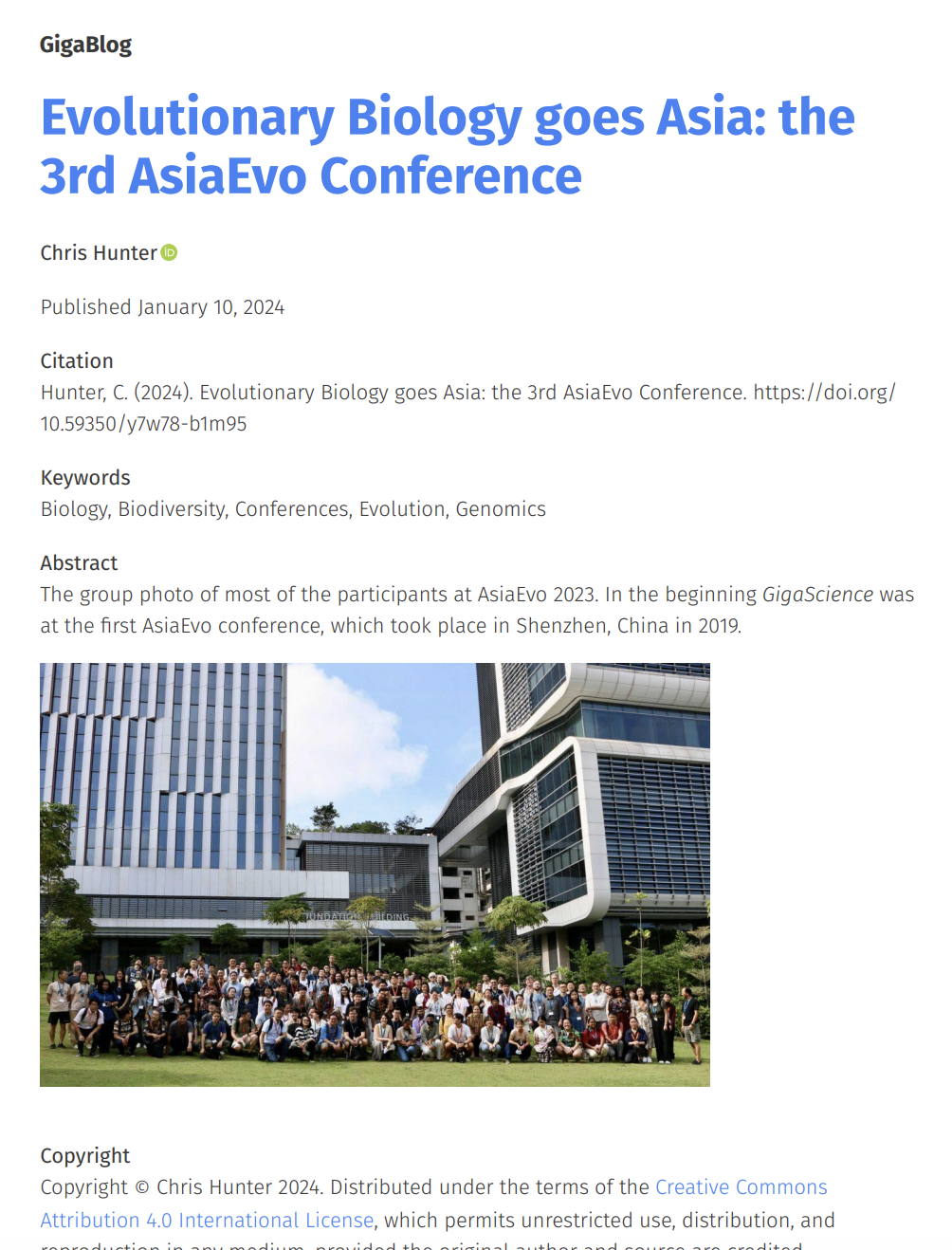
Yesterday I released version 0.13 of the commonmeta-py library on PyPi. The major new feature is a command-line interface for all metadata conversions, and the metadata validation with the Commonmeta JSON Schema has finally been fixed. The command-line interface takes any supported persistent identifier or file as input, and returns the metadata in the desired format as output.









